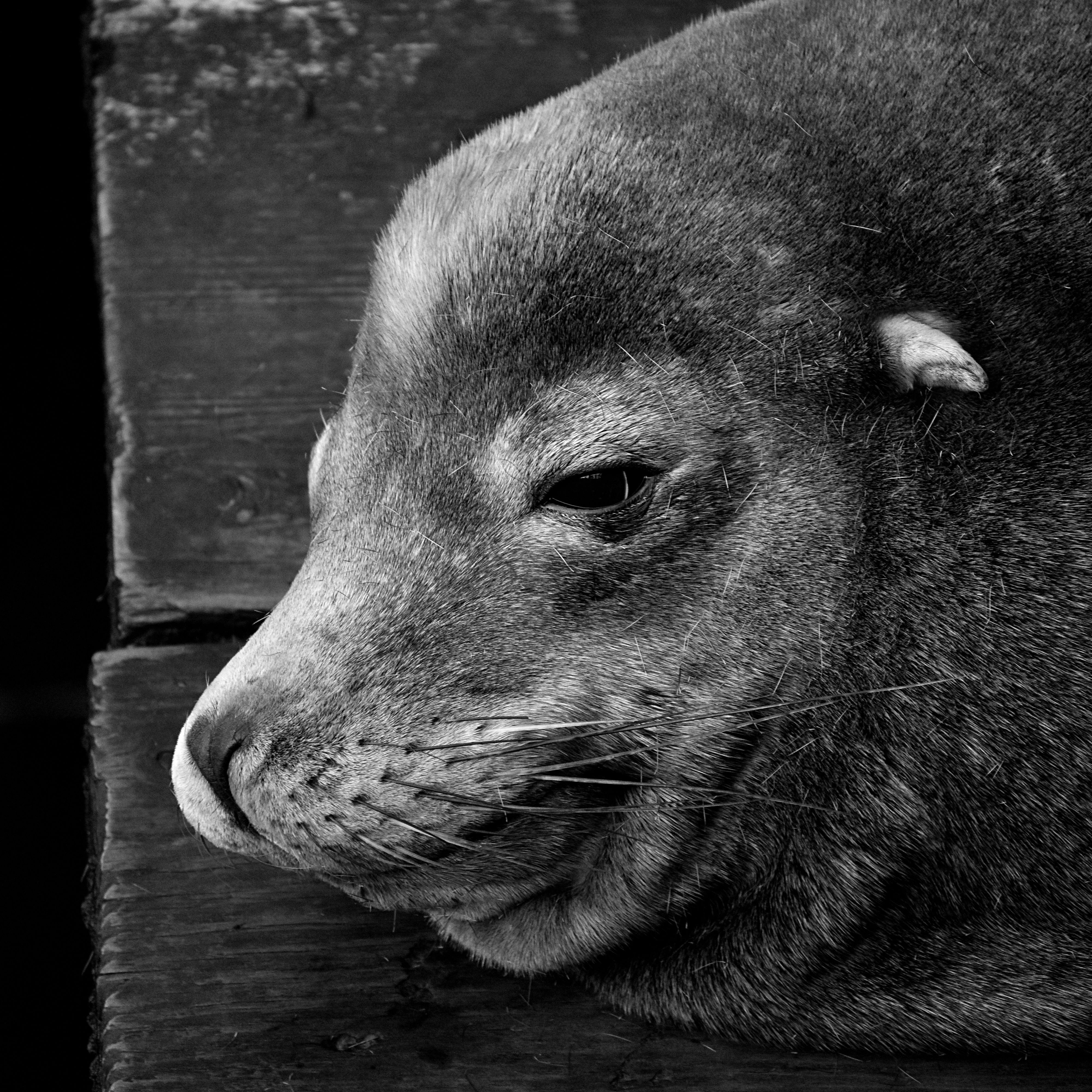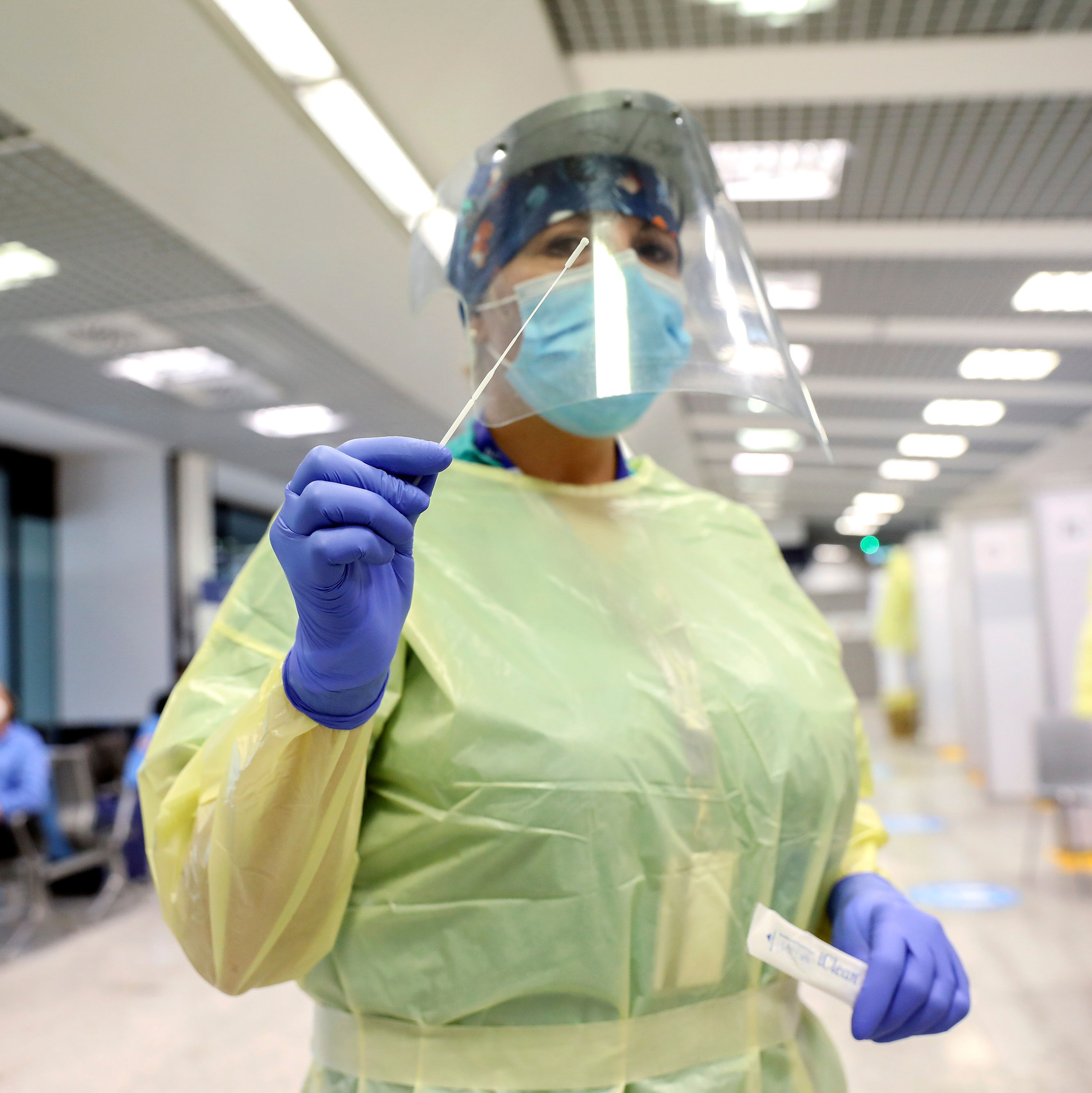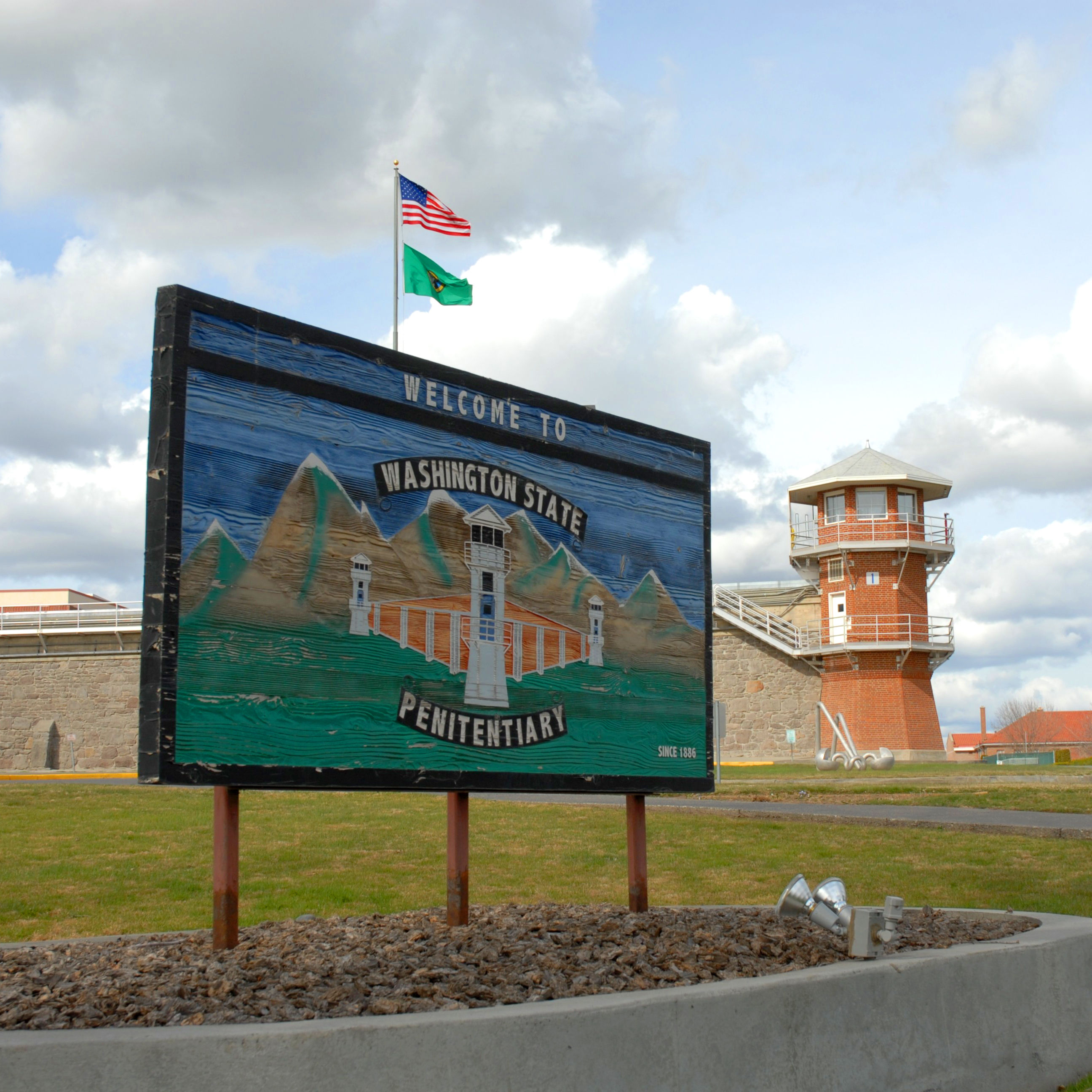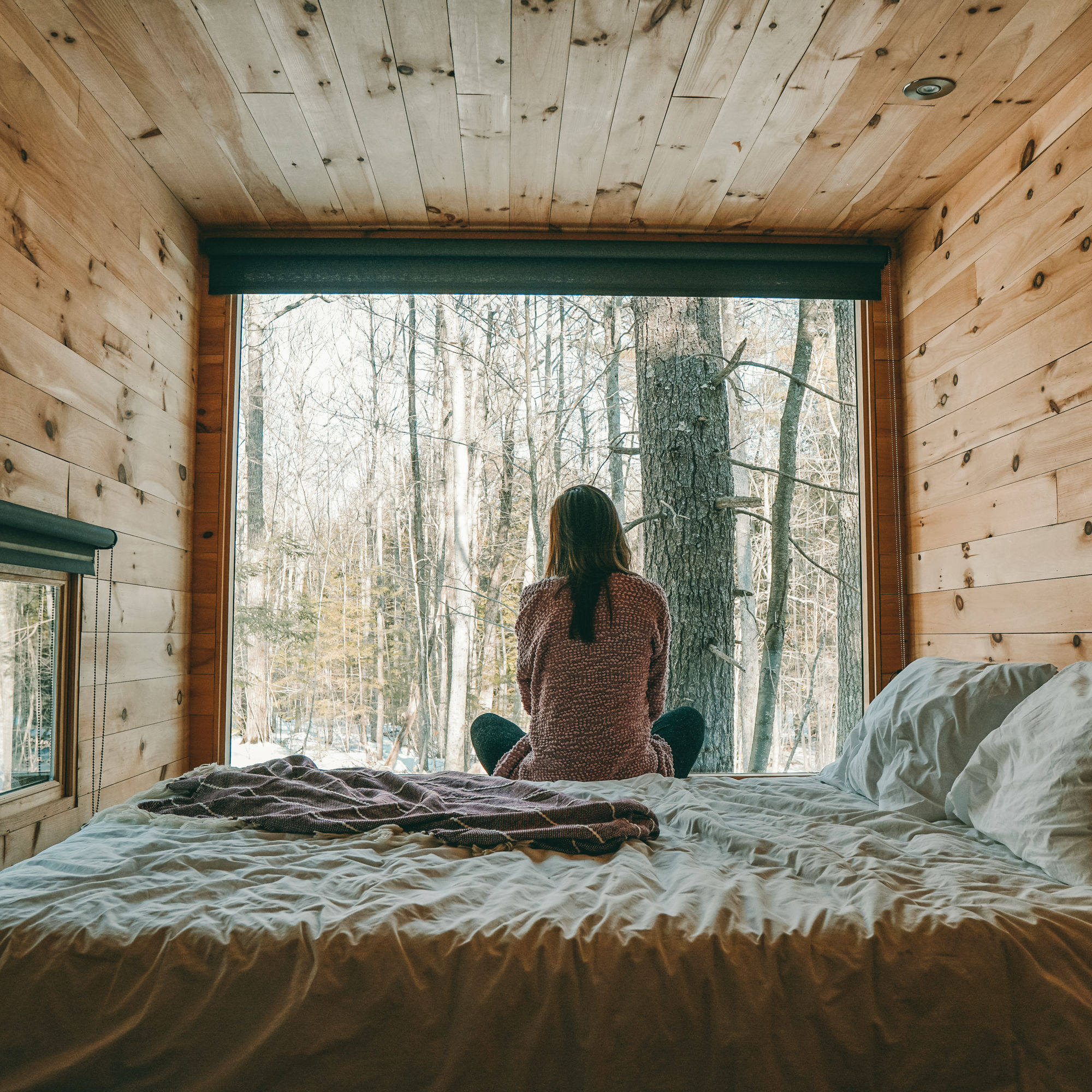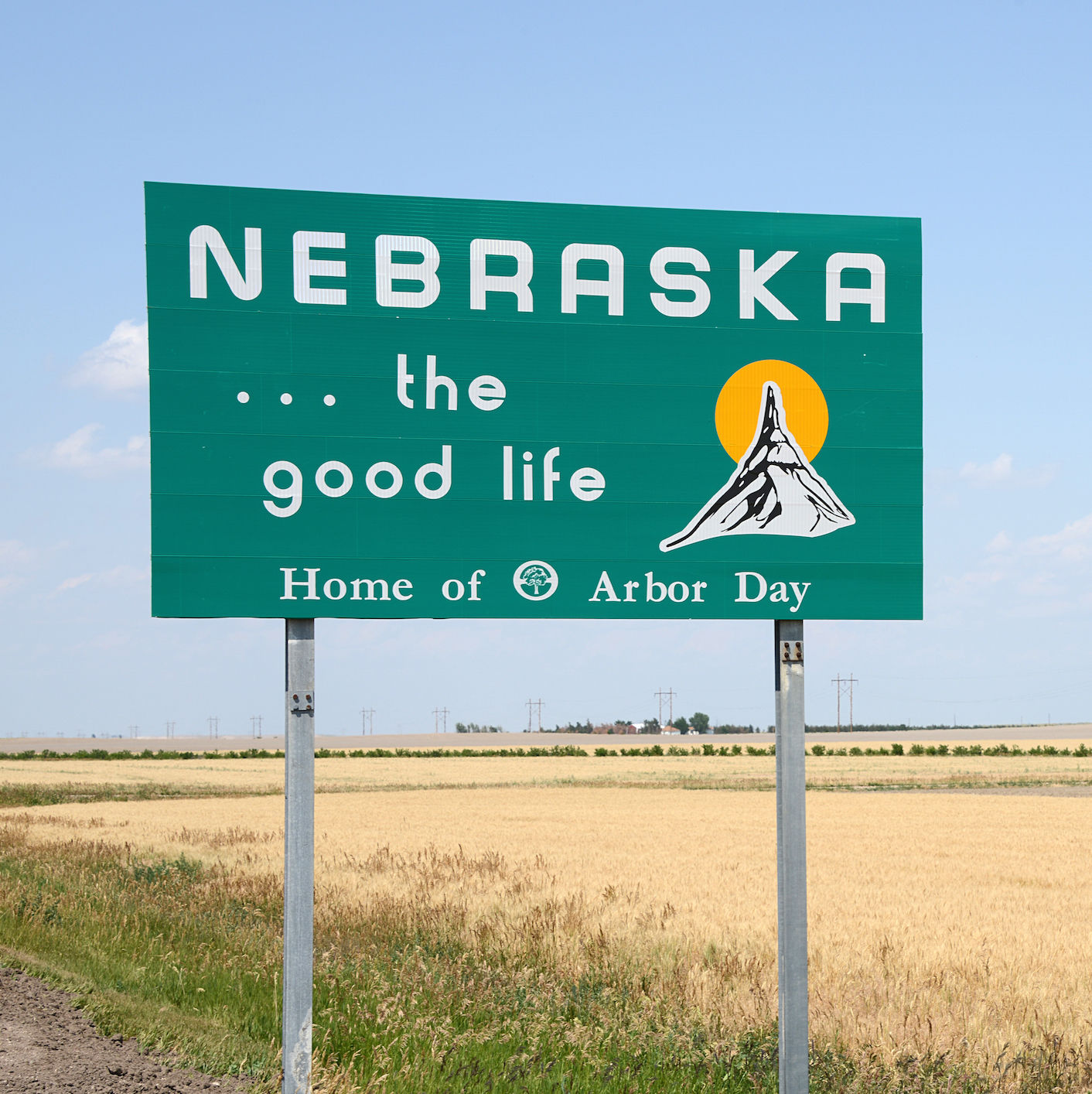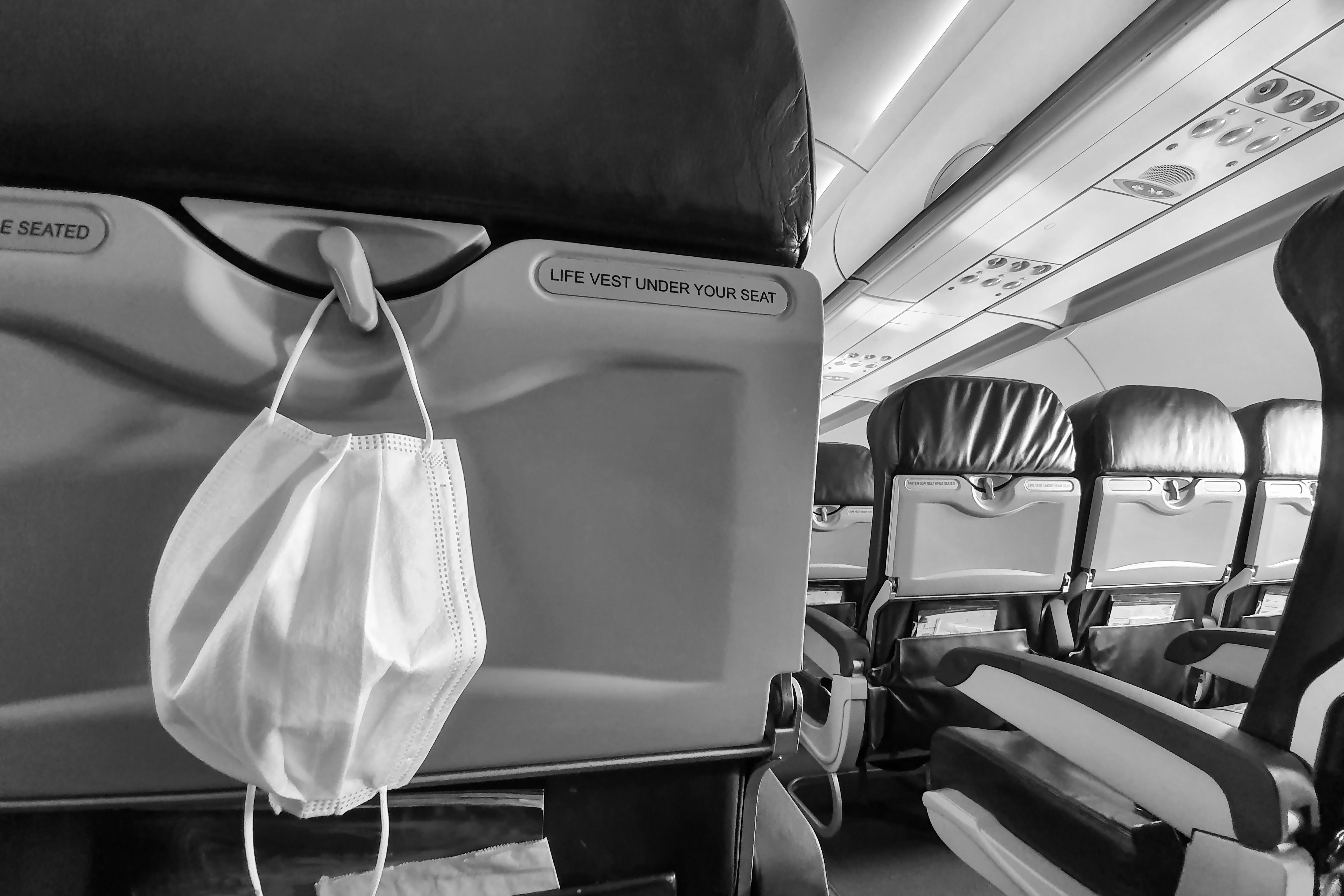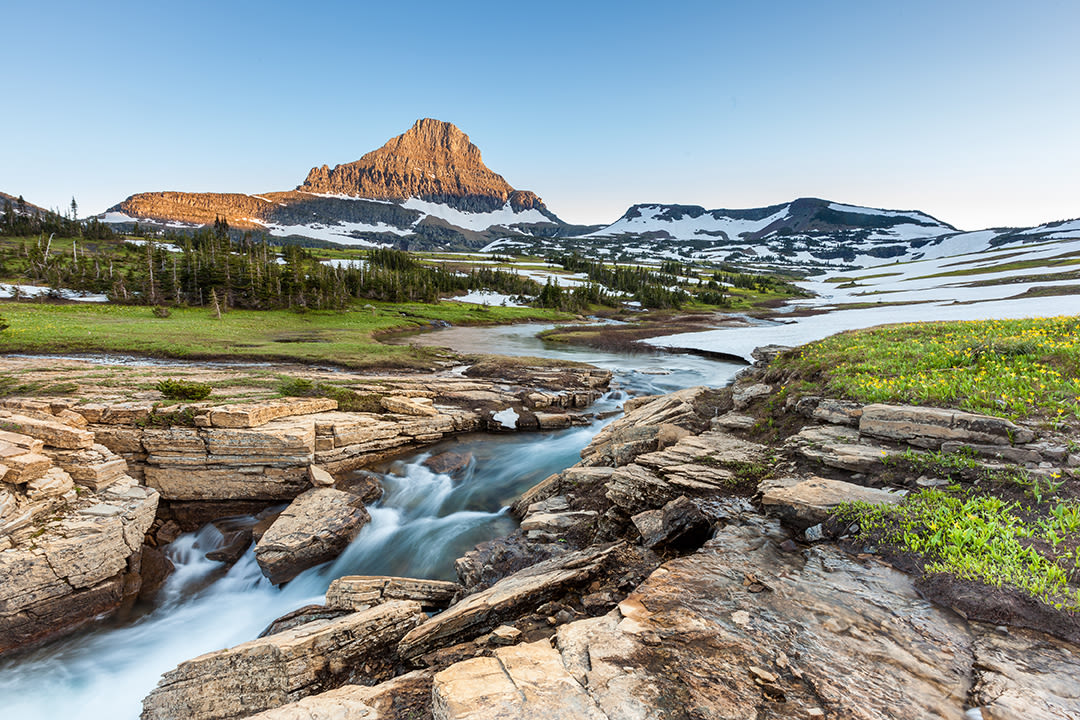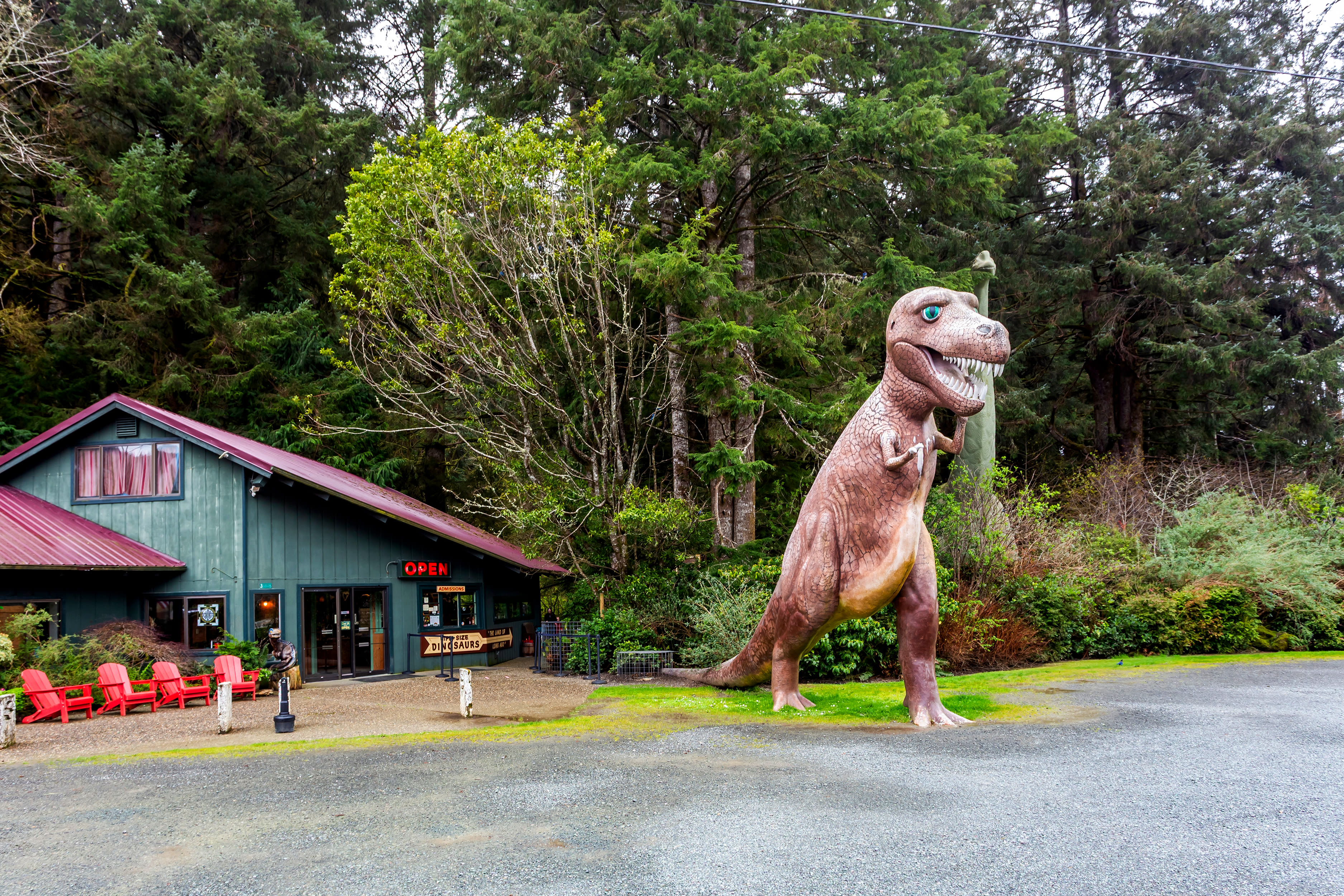Pandemic Travel: The Prison Trip that Never Happened
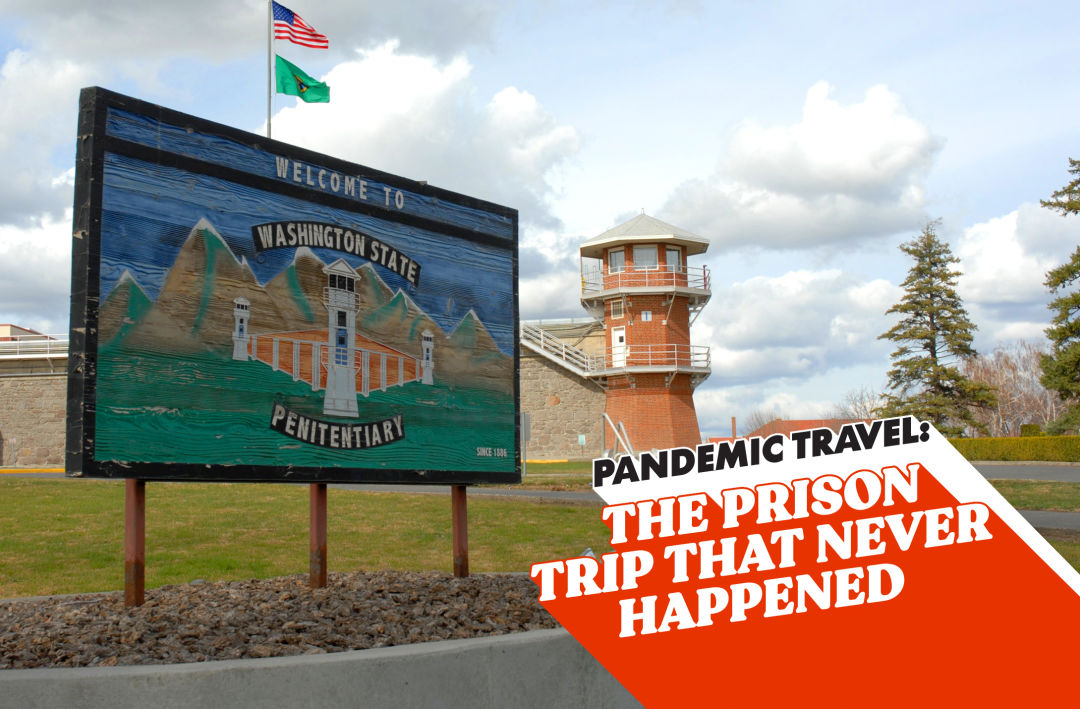
We all have our own risk tolerance levels nowadays when it comes to leaving the house, whether it’s to exercise, get groceries, visit the dentist, see loved ones, or get to work. It’s no different when it comes to getting the heck out of town. Some of us traded European adventures for a weekend in Vegas or distanced mountain getaway. Others, like Theresa Griffin Kennedy, had to cancel travel plans altogether, and accept the heartbreak and disappointment that followed.
It was a trip we’d been working up to for years. My husband, Don, hadn’t seen his incarcerated son, Lee, since 2016, when we went to visit him at Seattle’s King County Jail before he was transferred to the Washington State Penitentiary in Walla Walla. It was a drive Don used to make every weekend after his first wife moved there when their son was 2, back in 1983. But at 84, a retired homicide detective and onetime traffic cop, Don can’t drive that far these days, and my eyesight isn’t great—I don’t even have a license. And so a friend, Fred, had taken us to Seattle in 2016 on the spur of the moment.
The trip to Walla Walla, 250 miles away, seemed impossible. At the same time, Don didn’t want to think he’d seen his son, who was serving a 14-year sentence, for the last time. Early last year, we decided it was something we could do. We visited a travel agency in Gateway (Don’s old-fashioned and likes to talk to the pros in person) and found out Amtrak doesn’t go to Walla Walla, but Alaska Airlines does. Slowly, we solved challenge after challenge for the trip: figuring out where to board our two tiny black-and-white tuxedo dogs; finding the motel nearest the prison; concluding we’d have to rent a car, since there was no bus service in that area and it would be too far to walk. (He didn’t like the idea of a taxi, and we’ve never used any ride apps.) We could stay for two full days and nights and visit his son at least twice, if not more.
As we were gathering together the money we would need for the trip, we got some unexpected news: all prisons and jails would be terminating in-person visits due to the rapid spread of the novel coronavirus. We heard it on the TV news, and then Don’s son called to tell us. We were both disappointed, but especially Don. After the call, he again expressed his concern that he might never see his only adult child again.
“We were so close!” he said, his lower lip wobbling with emotion. And we had been close—close but no cigar. I covered his hand with mine and tried to comfort him. The disappointments and heartaches of the past five years were impossible to comprehend even then, and the inability to travel for a visit with his son had just become one more.
I tried to cheer Don up by bringing out his iPad, going to YouTube, and playing a Jim Gaffigan video—the one about the Christmas holidays. Soon Don was chuckling with me, his fragile emotional state buoyed by some good humor and needed laughter.
COVID-19’s effects on prisons and jails have been hard for those incarcerated and their family members. Lockdown in most facilities can last up to 23 hours per day. Inmates try to contend with the boredom and loneliness by structuring their days in precise ways. They read for extended periods, draw, call family and friends on the telephone, work for short shifts of two to three hours, and even going on “mental excursions” where they visualize traveling. Beyond the isolation, there are the risks of COVID-19 itself, and its potential spread in the 150-year-old building.
We continue to hold out hope that this trip to Walla Walla will happen. The research is done: we know how to get there now, and where to stay. Don is strong and in good health. He is in better shape than many people 20 years younger. We abide by the WHO’s rules of cleanliness and social distancing to the letter, so hope for a time when we can safely visit his son is something we continue to hold onto. Hope for a better future is really all many of us have right now.
Theresa Griffin Kennedy is the author of several books, including Blue Reverie in Smoke: Collected Poems, 2001–2016 and 2018’s Burnside Field Lizard and Selected Stories, as well as the upcoming The Lost Restaurants of Portland and her first novel, Talionic Night in Portland: A Love Story.
This article is part of a series. Do you want to share your own pandemic travel story? Email [email protected]




